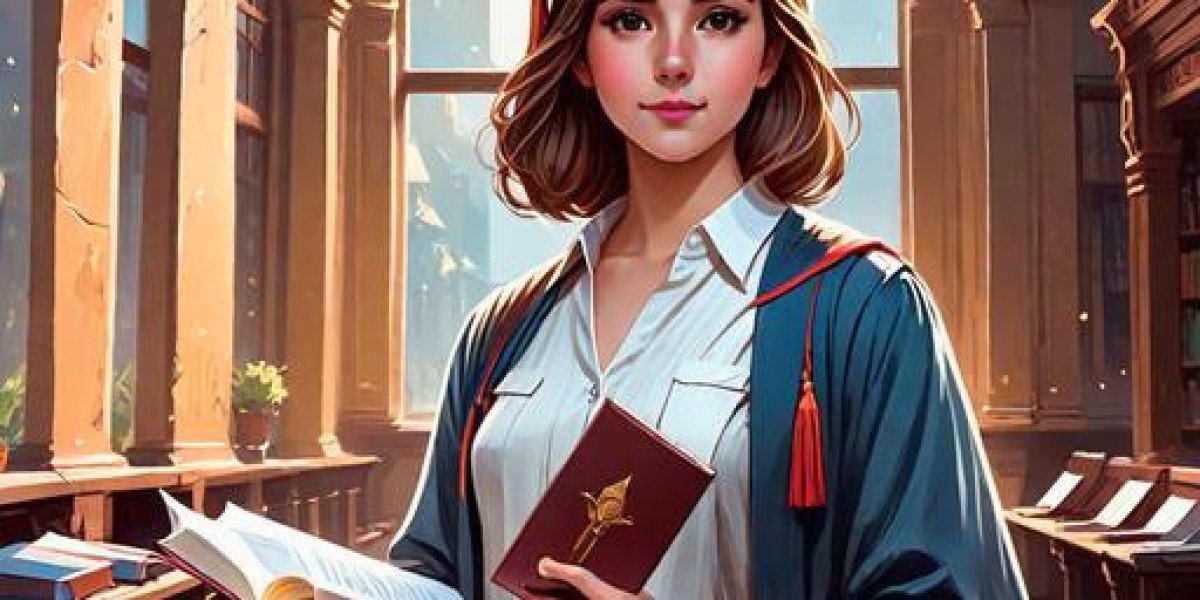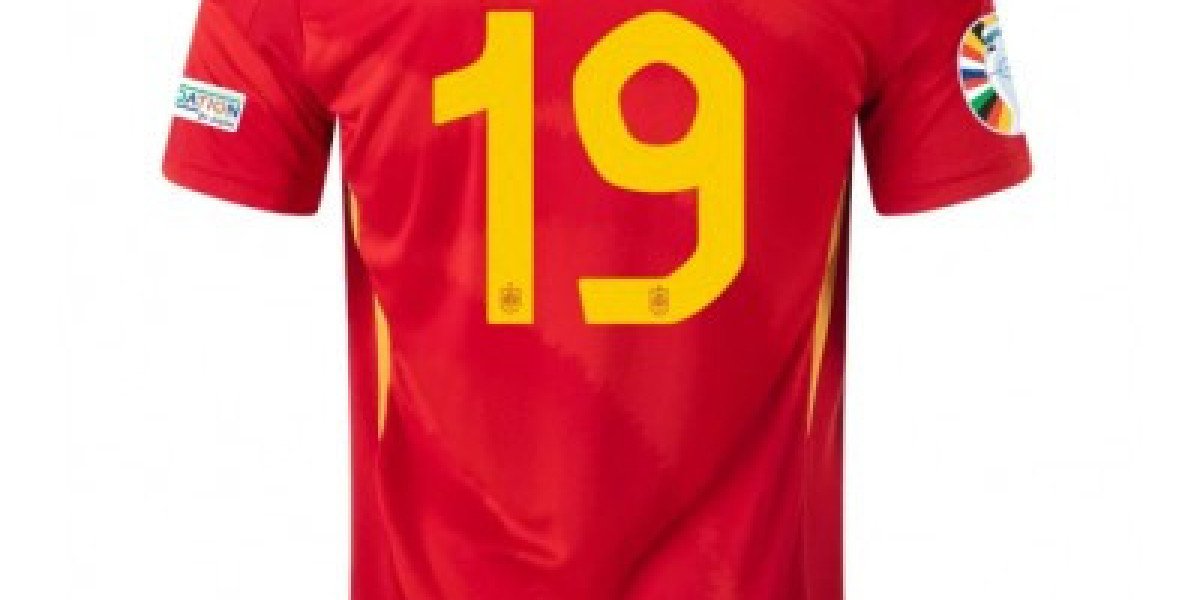When you look at the ever-evolving landscape of competitive gaming, one thing becomes clear: esports is no longer just about tournaments and prize pools. It is also about the culture that surrounds it, the players who live and breathe it, and the communities that give it life. Humor is one of the strongest threads weaving through this fabric. Memes have not only amplified esports conversations but also shaped the way fans and players connect, compete, and celebrate.
Interestingly, humor and gaming culture overlap in places we might not expect. Even classic board-inspired games have seen their share of memes in digital spaces. For example, Ludo game development has sparked inside jokes among casual gamers who see parallels between high-stakes esports rivalries and the lighthearted chaos of a game of Ludo with friends. This bridge between casual and competitive humor reveals just how versatile memes can be in uniting players across genres and skill levels.
The Power of Humor in Gaming
Humor has always been a part of human interaction, but in esports, it has become a cultural glue. Memes, jokes, and comic interpretations of matches transform tense moments into shareable laughter. When a professional player makes an unexpected blunder during a million-dollar match, the clip often spreads across social platforms within hours, captioned with witty remarks. Instead of focusing only on the mistake, fans embrace the humor, creating a more inclusive atmosphere.
The magic of memes lies in their relatability. Even if you are not a pro gamer, you have likely experienced lag, bad teammates, or the frustration of losing because of one tiny error. Memes reflect those universal experiences, reminding players that the struggles of gaming are shared, whether you are a casual Ludo player or a professional esports athlete.
How Memes Strengthen Community Bonds
One of the most powerful aspects of memes is their ability to build community. In esports, where audiences stretch across continents, humor becomes a universal language. A meme about a well-known streamer or a recurring in-game glitch can be understood by millions of fans regardless of the language they speak.
Take, for example, the countless memes that arose during global tournaments like The International in Dota 2 or the League of Legends World Championship. Fans would remix highlights, exaggerate player reactions, or poke fun at unexpected strategies. What started as competitive analysis quickly turned into a communal celebration of shared jokes.
This kind of humor-based engagement does not just make esports more entertaining. It makes fans feel like they are part of a global inside joke. You are not just watching esports, you are participating in its culture.
The Evolution of Esports Humor
In the early days of esports, humor existed in the form of quirky forum posts, silly usernames, or in-jokes among players. As streaming platforms like Twitch and social media platforms like Twitter, Reddit, and TikTok grew, esports humor gained new dimensions.
Suddenly, a funny in-game moment was no longer just a memory shared by a handful of friends. It could be clipped, edited, and turned into a viral meme. This democratization of humor has allowed fans themselves to become creators. Esports humor is no longer generated only by professionals or influencers. It thrives because fans actively contribute, remix, and share content.
From image macros to video edits, esports memes now span multiple formats. Some exaggerate gameplay mechanics, others mock technical glitches, and some focus on the personalities of esports stars themselves. Over time, this humor has become a defining feature of esports identity.
Humor and Identity in Esports
Esports athletes are often known for their skill and dedication, but memes humanize them. When a serious player gets turned into the subject of a viral meme, it creates a more approachable image. It shows fans that no matter how skilled someone may be, they can still be part of the community’s laughter.
Memes also help players build personal brands. A streamer or professional gamer who embraces humor often attracts a loyal fan base. Humor makes players memorable. It turns matches into stories that are retold and reshared through funny posts, short clips, or community art.
This identity-building extends to fans as well. Gamers proudly share memes that represent their favorite teams, games, or inside jokes. Over time, these memes shape how communities perceive themselves. They build a sense of belonging and pride in being part of something bigger.
Humor as a Coping Mechanism
Esports is competitive by nature. For many players, it is a career. For fans, it is an emotional rollercoaster. Humor provides a way to cope with stress, losses, and frustrations.
When your favorite team loses a crucial match, memes soften the blow. They remind fans that while the loss is disappointing, the community can still find something to laugh about. Humor transforms negative emotions into collective positivity, keeping fans engaged even during setbacks.
This coping mechanism is also vital for players. Professional esports athletes face immense pressure. Jokes, memes, and lighthearted fan interactions can make the environment less intense. They allow players to laugh at themselves, which can help them stay grounded in a high-pressure industry.
Memes as a Reflection of Gaming Trends
Memes are not just jokes. They are mirrors of the community’s mindset. If a particular strategy dominates a game, expect memes to emerge poking fun at it. If a patch update introduces a glitch, memes will appear overnight.
In many ways, memes serve as an archive of esports history. Looking back at old memes can tell you what games were popular, which tournaments made headlines, and which players or events shaped the culture. They act like time capsules that preserve not only humor but also the trends and stories that defined esports at different moments in time.
This cultural record extends beyond esports titles into casual gaming as well. Even in discussions of Ludo game development, memes highlight how timeless and universal the frustrations of gaming can be, whether it is losing to luck, making questionable moves, or watching a game turn on a single dice roll.
Humor and Brand Engagement in Esports
Brands have noticed the power of memes and humor in esports culture. From energy drink companies to gaming hardware manufacturers, many now use memes as part of their marketing. By speaking the community’s language, brands are able to connect more authentically with their audience.
The key to success here is authenticity. Gamers can sense when humor feels forced or insincere. The most effective campaigns come from brands that understand the humor organically or collaborate with popular creators who already know how to communicate with esports communities.
When done right, this approach not only boosts brand visibility but also strengthens community trust. It turns marketing into entertainment, making fans feel engaged rather than targeted.
The Future of Esports Humor
Looking ahead, the role of memes and humor in esports will only grow. With platforms evolving and new technologies like AI and VR shaping the gaming landscape, the possibilities for humor-based content are expanding. Fans may soon remix virtual reality highlights into hilarious clips or use AI to generate personalized esports jokes.
What will not change, however, is the community-driven nature of humor. Memes will continue to be born out of shared experiences. They will remain a tool for uniting people across the world who may never meet in person but share the same passion for gaming.
And as esports continues to grow alongside casual games, humor will remain a common denominator. Whether you are watching a professional League of Legends match or playing a round of Ludo with friends, laughter will continue to connect players across all levels of competition. Just as Ludo game development found its place in online humor, so too will new titles in the esports space.
Conclusion
Esports memes and humor have transformed competitive gaming from a spectator event into a cultural phenomenon. They make professional players more relatable, strengthen community bonds, and provide a way for fans to cope with both victories and defeats. They reflect trends, preserve history, and even shape brand interactions.
At its core, humor is the great equalizer. It connects the professional with the casual, the fan with the player, and the global community with a single laugh. From grassroots jokes to viral memes, humor defines the spirit of esports culture.
Just as esports continues to evolve, so too will its humor. And whether it comes from a high-stakes professional match or a casual moment in a classic game, the laughter it creates will keep the community strong. That is the power of memes, the joy of gaming, and the lasting bond between humor and esports culture. Even in the world of Ludo game development, this truth holds: games are better when they make us laugh together.







